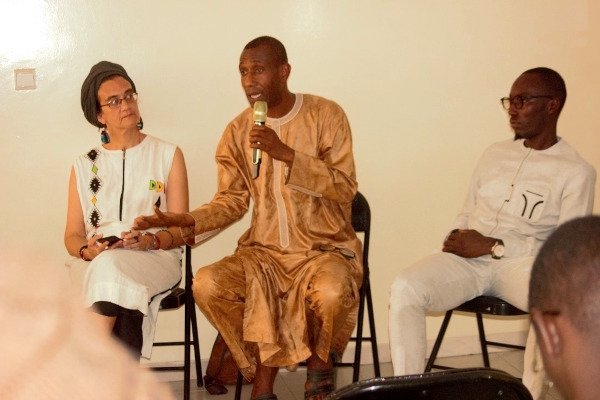
Conversation on the impact of e-waste on the environment and health
On Friday 5 July 2024 we celebrated the panel conversation La TASSE des IDÉES, part of the IDÉES project, impact of electronic waste on the environment and health. It took place at Karibu, a reception and accommodation space for African defenders of dialogue meetings, knowledge production and knowledge about citizen movements.
The motivation for setting up this conversation was to reflect on the impact of electronic technology, especially that linked to ICTs. We have seen how, over the last 20 or 30 years, when ICT began to reach the general public, we moved from an imaginary world where the objective was to democratise knowledge and give universal access to knowledge to a world of citizenship without intermediaries, in a decentralised way, and where creation and communication were cooperative, collaborative and based on sharing.
This imaginary has been displaced by the technological solutionism of BIGTECH, and the human has become peripheral to the machine, and the impact seems intangible, virtual.
In this conversation we wanted to show the tangibility of the impact of technology, specifically electronic waste, on the environment and health. We talked about mining and the natural resources such as water, land and energy involved in the production and consumption of ICTs. We were reminded of the genocide in the Congo, with over 6 million dead, millions displaced and 48 women raped every hour, in a conflict centred on extractive industries for the production of technology. We are facing a new type of colonialism, techno-colonialism.
Knowing that the world produces 1,300 million smartphones a year, we have to ask ourselves where the old smartphones are going, the ones we use the most. One of the first answers is to be found in Ghana, where Agbogbloshie is Africa’s biggest dumping ground, especially in West Africa.
In Senegal, there’s a lot of research being carried out by the UCAD electronic waste working group, and work has been going on since 2008, but for the moment there’s no law to regulate the problem of electronic waste, its collection, recycling and recovery.
Although scientific research has been done, the language used is too technical and scientific for the general public to understand the real impact of e-waste on the environment and people’s health, right up to the point where it enters the food chain.
To facilitate the transmission of this knowledge, we want to use different artistic forms (rap, theatre, dance, performance, etc.) in which the involvement of artists is essential.
Furthermore, despite all the negative effects of e-waste, we also want to highlight the opportunities associated with it, such as the development of the circular economy.
For 2 hours on Friday, we developed a conversation between the panellists,
Mr Cheikhou GASSAMA – Head of the E-waste division at Sénégal numérique, Xuman – Artist, Abdoulaye SENE – Zéro déchet Sénégal, Anäel NKEOUA – Prince Art – Artist comedian, Agudor Kwaku AGABAS – Founder & CEO Appclyclers. Moderator: Carolina García Cataño – Nit Tekna Logik
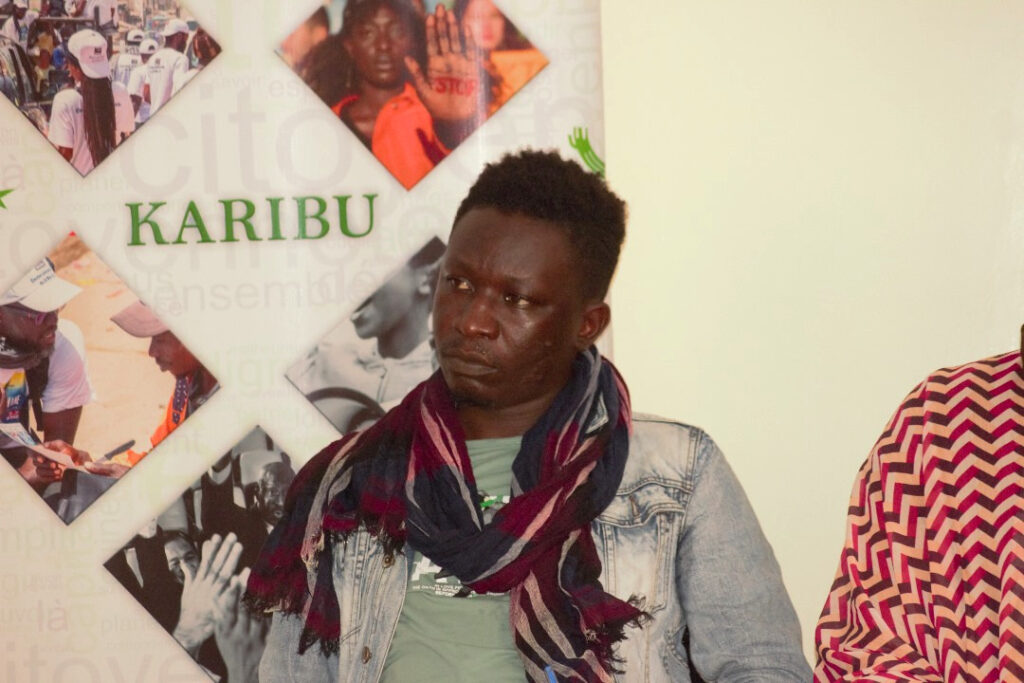
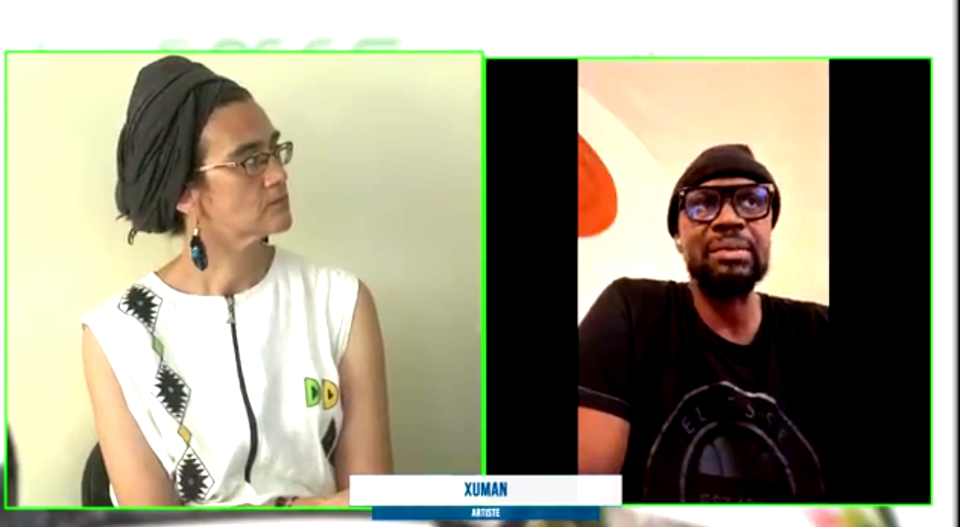
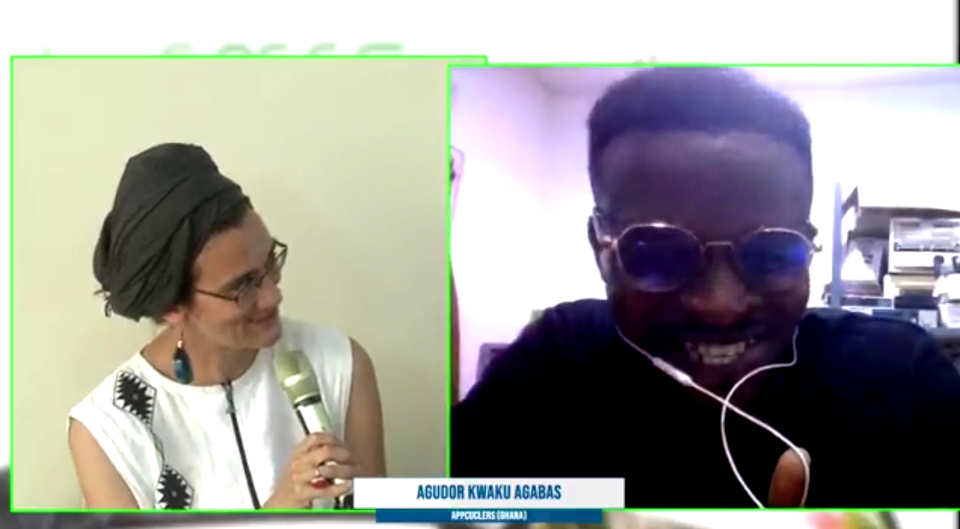
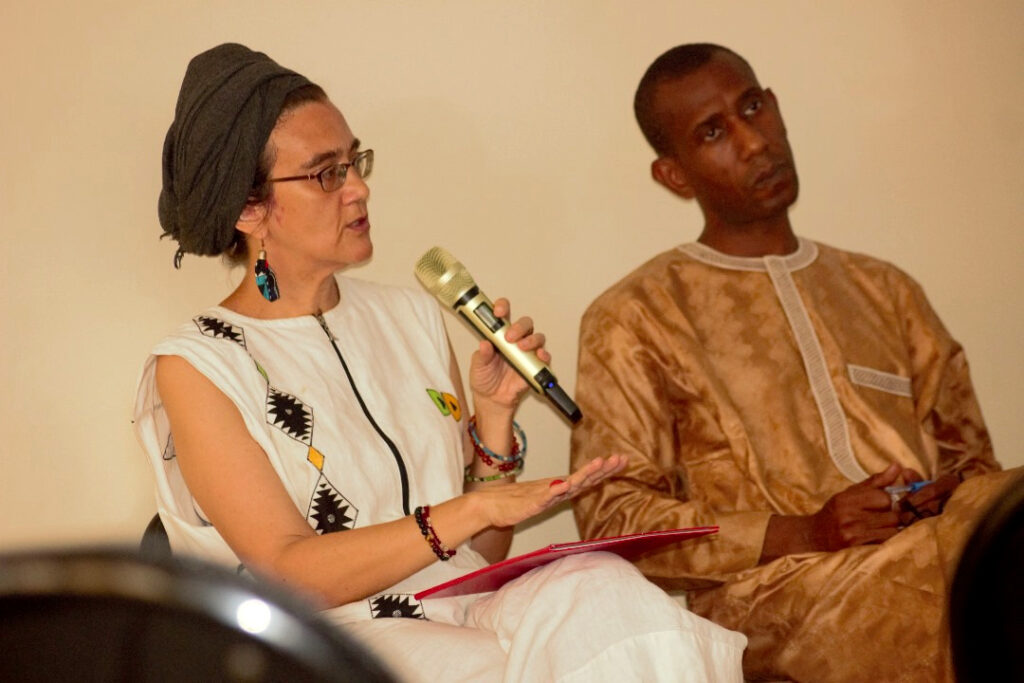
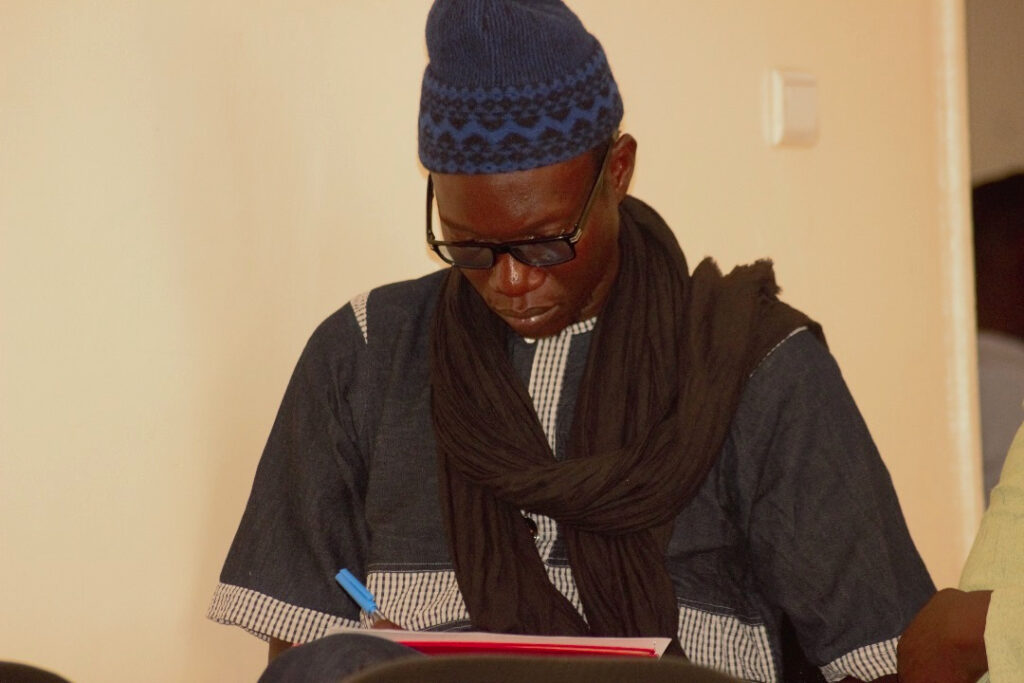
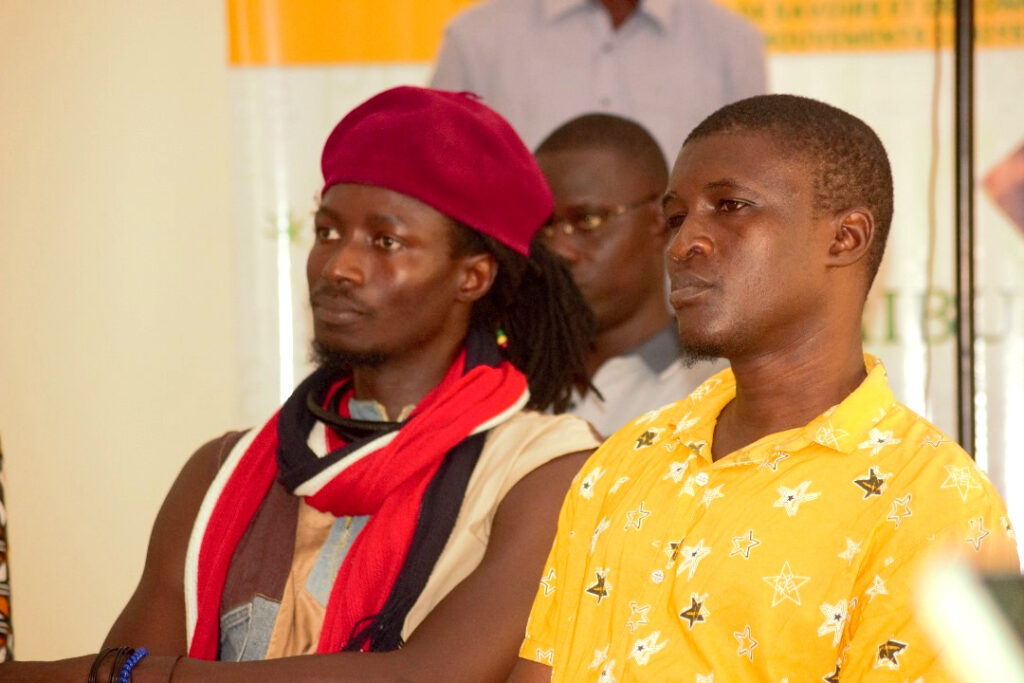
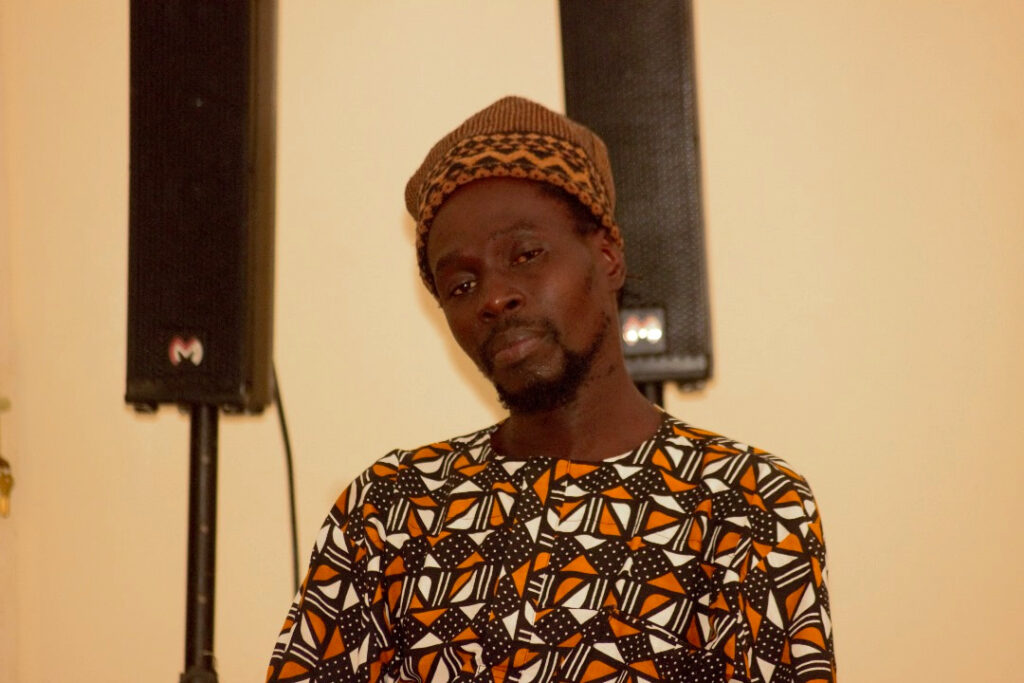
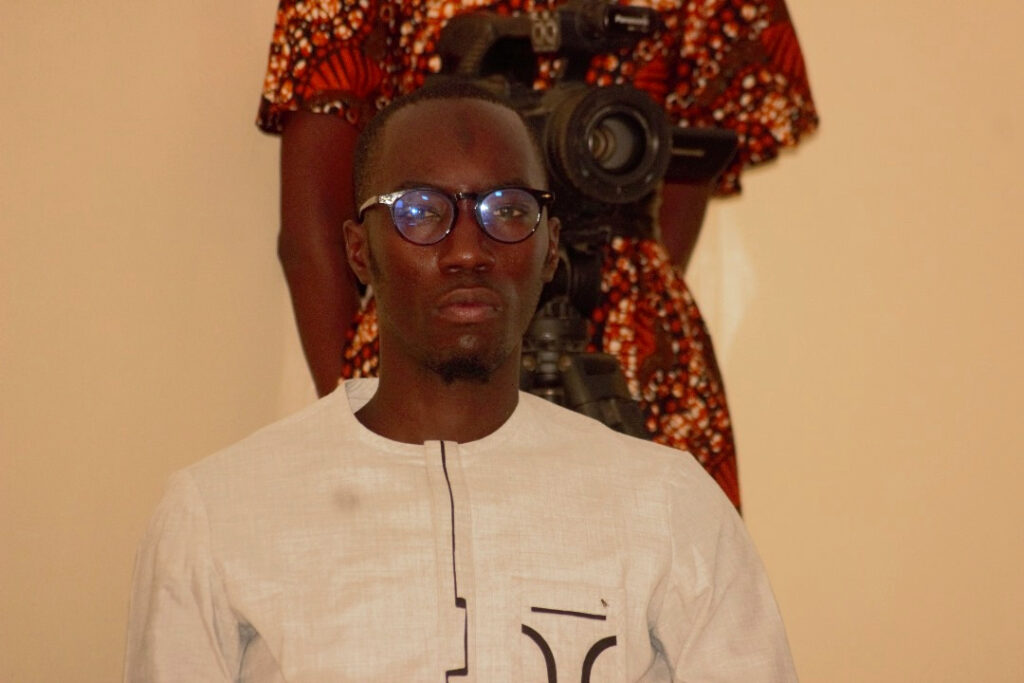
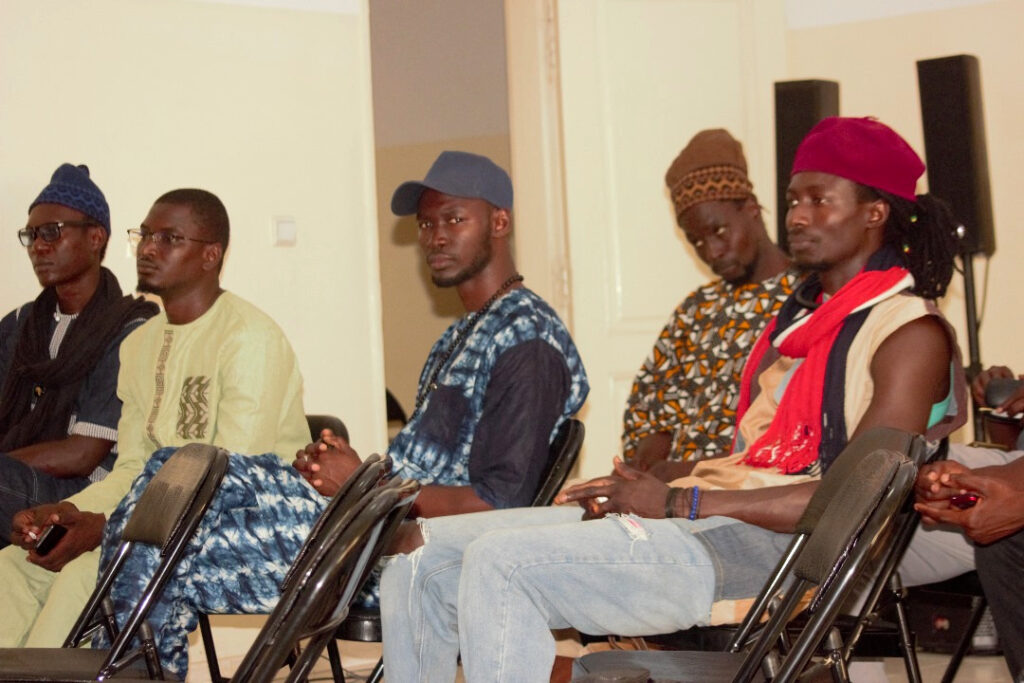
We would especially like to thank LTC (La télé citoyenne) for broadcasting the panel live on their Facebook page, for facilitating the online presence of two of our panellists, and for giving us the opportunity to share the panel.